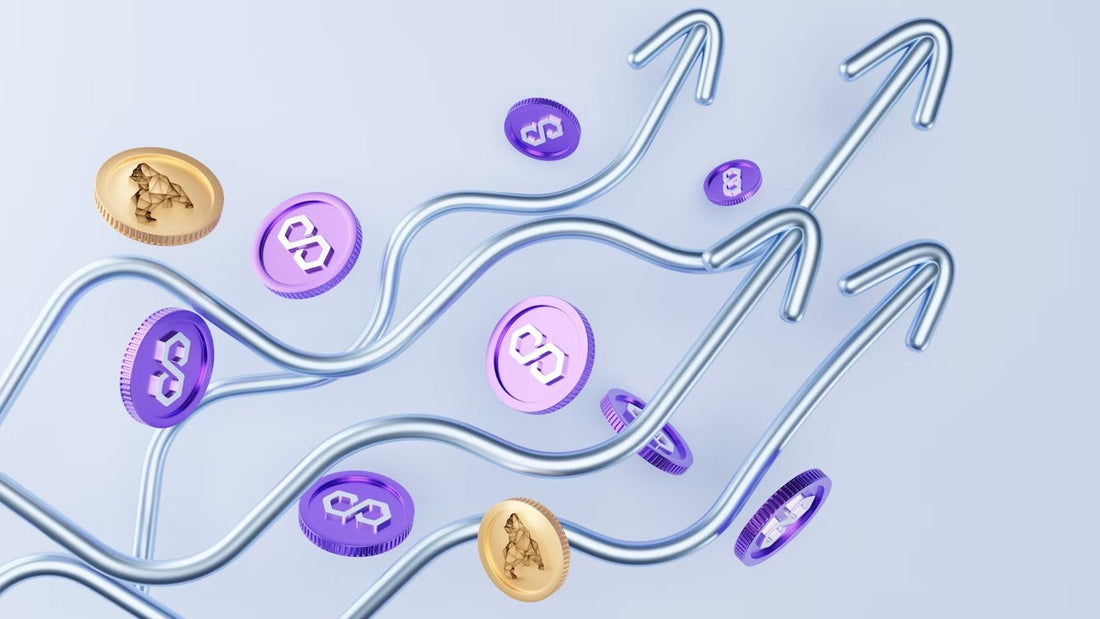Sleep: it's something we all do, every single night (hopefully). But why exactly does it matter so much? Beyond just helping us feel refreshed, sleep is one of the most intricate and powerful biological processes that resets almost every system in our body—especially our brain.
Let’s unravel what actually happens when we go to sleep, how the brain clears out toxins, what hormones go to work, and why your body treats a good night’s rest like mission control for every major system.
What Happens When You Sleep
Sleep isn’t just one long, quiet stretch of rest. It’s a dynamic cycle consisting of two main phases:
- Non-REM sleep, where your brain slows down, your body repairs itself, and your energy is restored.
- REM sleep, the dream-heavy stage where your brain lights up with activity, even though your body remains still.
These stages repeat in 90–110-minute cycles, with about 4–6 cycles each night. But what makes these phases crucial isn’t just dreaming or stillness—it’s what happens under the hood.
Your Brain at Night: The Ultimate Housekeeper
One of the most fascinating discoveries in neuroscience over the past decade is the glymphatic system—a waste-clearing network in the brain. Think of it as your brain’s overnight housekeeping crew.
During the day, your neurons are busy processing thoughts, emotions, stress, food cues—you name it. This activity produces metabolic waste, including proteins like beta-amyloid, which have been linked to Alzheimer's disease. While you sleep, cerebrospinal fluid flows through your brain tissue, clearing out this junk and keeping your cognitive machinery clean and sharp.
According to a study published in Science, the glymphatic system is 60% more active during sleep than while awake. In other words: your brain literally washes itself while you snooze.
Source: Glymphatic System - Wikipedia
Sleep and Memory: More Than Just Retention
Ever noticed how pulling an all-nighter makes your brain feel like scrambled eggs? That’s because sleep doesn’t just give your brain a break—it actually helps it file and store memories.
- Non-REM sleep, especially deep sleep, helps consolidate declarative memories—facts, concepts, and what you studied for that exam.
- REM sleep focuses on procedural memory—how to do things like ride a bike, play an instrument, or navigate emotional experiences.
In both phases, your brain is doing something called synaptic pruning: keeping the important connections and quietly letting go of unused information. So yes, sleep literally helps you learn faster and remember better.
Source: Harvard Health - Sleep and Memory
The Hormonal Reset Button
During sleep, your body undergoes a full hormonal recalibration:
- Insulin, which regulates blood sugar, becomes more sensitive when you sleep well.
- IGF-1 (Insulin-like Growth Factor-1), a hormone tied to muscle growth and aging, rises in balance with growth hormone—mostly released during deep sleep.
- Estrogen and testosterone, the sex hormones, rely on consistent sleep to stay in balance.
- Cortisol, the stress hormone, is reset during sleep so that you can wake up with focus—not fatigue.
Disrupting your sleep doesn’t just mean you’ll feel tired—it means this whole hormonal orchestra goes out of tune.
Source: Sleep and Metabolism - Wikipedia


Your Circadian Rhythm: More Than a Clock
Why do we naturally feel sleepy at night and more alert in the morning? That’s your circadian rhythm at work—a 24-hour biological clock regulated by light and darkness.
At the core of this system is the suprachiasmatic nucleus in the brain. It controls melatonin release, body temperature, digestion, and sleep cycles. Disrupt this rhythm by staying up late under artificial light—or working night shifts—and you’ll start noticing effects like poor focus, mood dips, and even digestive issues.
Source: Circadian Rhythm - Wikipedia
Sleep and Physical Recovery
While your brain is busy consolidating memories and cleaning house, your body is repairing itself. During deep sleep:
- Growth hormone is released, which helps with tissue repair and muscle growth.
- Immune system activity increases, producing cytokines to fight infections and inflammation.
- Cells regenerate, and energy is restored at the mitochondrial level.
Athletes who sleep less than 6 hours per night experience reduced reaction times, poorer endurance, and longer recovery periods. So yes, sleep is your body's best natural recovery tool.
What Happens When You Don’t Sleep Enough?
Lack of sleep affects almost every major organ system:
- Your brain becomes foggy and emotionally reactive.
- Your immune system slows down.
- Your metabolism shifts—making you hungrier (via ghrelin) and less full (via leptin).
- Your insulin sensitivity drops, which can lead to weight gain and increased diabetes risk.
- Over time, chronic sleep deprivation is associated with:
- Mood disorders like anxiety and depression
- Higher blood pressure and cardiovascular disease
- Poor cognitive function and increased dementia risk
Surprising Facts About Sleep
- The average adult needs 7–9 hours of sleep each night—but most people get less than 6.5.
- Sleep deprivation affects your driving ability more than being over the legal alcohol limit.
- During REM sleep, your brain is as active—sometimes more—than when you’re awake.
-
The record for the longest time without sleep is 11 days, held by Randy Gardner. He suffered from severe cognitive and mood impairments afterward, but recovered after normal sleep resumed.
Sleep Isn’t Lazy, It’s Life Support
The more we study sleep, the more clear it becomes: this isn’t downtime. It’s prime time for the body and brain to repair, refresh, and prepare for everything ahead.
Good sleep helps you think clearer, feel better, regulate hormones, stay fit, and even age more gracefully. It’s not a luxury—it’s a biological non-negotiable. If you want to live longer and live well, don’t sleep on sleep.
Enhance Your Sleep Naturally with DameHealth
Achieving restful sleep is vital for overall well-being. DameHealth offers two thoughtfully formulated supplements to support your sleep journey:
Magnesium & Tart Cherry Supplement
-
Magnesium: Known for its role in muscle relaxation and nervous system regulation, magnesium can help prepare your body for sleep.
- Tart Cherry Extract: A natural source of melatonin and tryptophan, tart cherry extract may assist in regulating your sleep-wake cycle.
Together, these ingredients work synergistically to promote relaxation and support a healthy sleep pattern.
Melatonin Gummies
-
Melatonin: This hormone signals your body that it's time to sleep, helping you fall asleep faster and maintain a regular sleep schedule.
-
Natural Extracts: Infused with calming botanicals like chamomile and lemon balm, these gummies aim to enhance the quality of your sleep.
These gummies are designed to be a convenient and tasty way to support your body's natural sleep processes.
Incorporating into Your Bedtime Routine
-
Evening Wind-Down: About an hour before bed, consider taking the Magnesium & Tart Cherry supplement to begin the relaxation process.
-
Pre-Sleep Support: If you find it challenging to fall asleep, the Melatonin Gummies can be a helpful addition to signal your body that it's time to rest.
- Consistent Schedule: Aim to go to bed and wake up at the same times each day to reinforce your body's natural sleep rhythm.
- Sleep Environment: Create a calming bedroom environment—dim the lights, reduce noise, and keep the room cool.





